#citrus fruits
Text

Bartolomeo Bimbi (1648-1729)
"Oranges, Limes, Lemons, and Citrus lumia" (1715)
Oil on canvas
#paintings#art#artwork#still life painting#fruit#fruits#bartolomeo bimbi#oil on canvas#fine art#italian artist#orange#lime#lemon#oranges#limes#lemons#citrus fruits#1710s#early 1700s#early 18th century
2K notes
·
View notes
Text
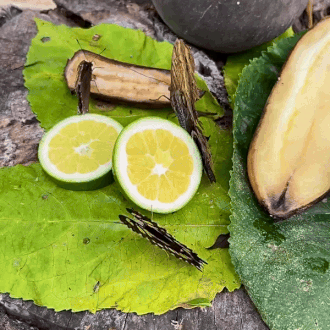
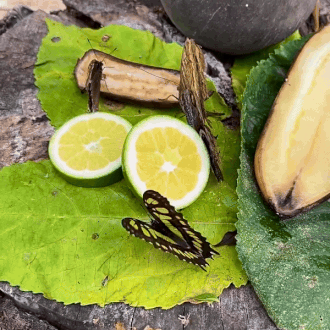
malachite butterfly (siproeta stelenes) | diana_murguta on ig
#stim#butterflies#insects#bugs#sfw#green#black#yellow#brown#nature#malachite butterfly#siproeta stelenes#fruit#food#citrus fruits#leaves#animals#wings#hands free#ishy gifs#postish
201 notes
·
View notes
Photo
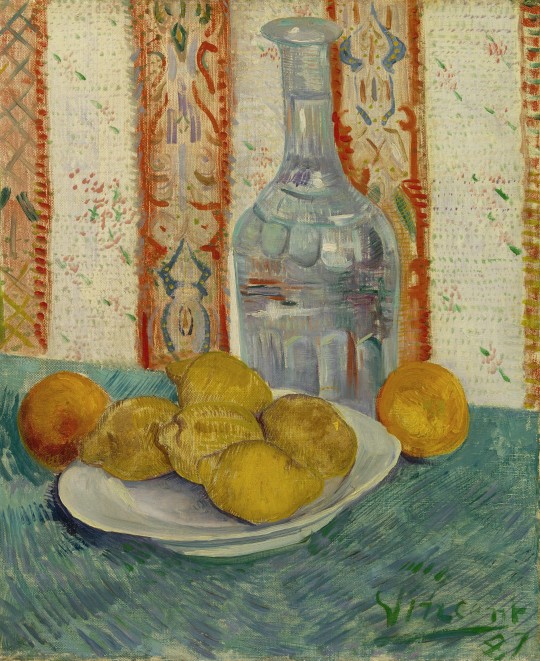
Vincent van Gogh ~ Carafe and Dish with Citrus Fruit, 1887
[Source: vangoghmuseum.nl]
136 notes
·
View notes
Photo

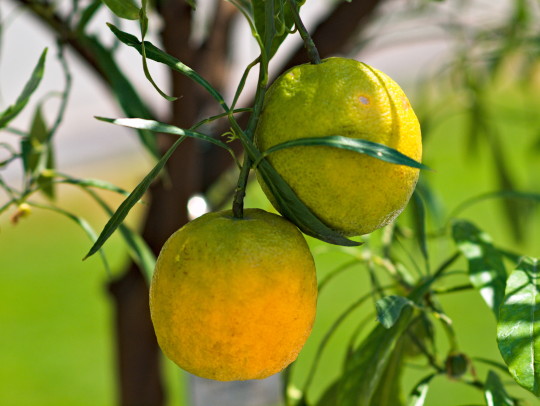



June 26, 2023
37 notes
·
View notes
Text
Not even medicinal malpractice can stop me from needing Dracula carnally.
#no joke got od'd at the hospital#had to be hospitalized for a bit#I'm good now tho#but while i was recovering i was listening to Re:Dracula#and watching castlevania clips#bc my wanting for Dracula is THAT strong#castlevania dracula#vlad dracula tepes#dracula 1897#miles ramblings#simping#cw overdose#cw medical malpractice#citrus fruits
15 notes
·
View notes
Text







A party of citrus ripening in the garden 🍊🍋
13 notes
·
View notes
Text


I fell in love with the little citrus slice coasters in Unpacking (the game), so, I made some!
Hand painted, acrylic paints, plain coasters bought from Hobbycraft.
35 notes
·
View notes
Text

Eric Wert @ericwert333 (American, b. 1976), Blood Oranges, oil on panel, 20 × 20 inches; private collection.
46 notes
·
View notes
Text

8 notes
·
View notes
Text

Sweet sumo oranges. 🍊🍊😋🧡🧡
#sumo#sumo wrestling#japanese food#Japanese#orange#oranges#naval oranges#fresh fruit#fruit art#fruitarian#vitamins#vitamin c#valencia#florida#citrus#citrus fruits#veganism#vegan#vegan food#food art#pop art#basquiat#keith haring#andy warhol#veganfood#veganlife#veganrecipes#childrens book illustration#smiley face#naranja
5 notes
·
View notes
Text

OJ Break
Citrus is big business in Morocco. While plenty of Morocco's oranges are exported for eating and juicing around the world, the ones that make it into local blenders tend to come from small, traditional farms.
23 notes
·
View notes
Text
everyday i wake up and remind myself that lemon and tangerine DESERVED BETTER
#aaron taylor johnson#bullet train#lemon and tangerine#brian tyree henry#citrus fruits#i hate it here#i miss them
76 notes
·
View notes
Text
When they start rezzing in other fruits besides oranges....
ciTRON: he fights for the Yuzus
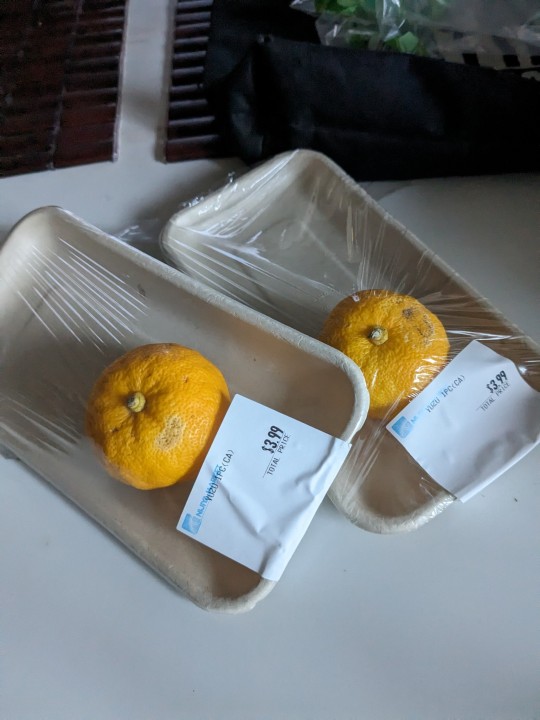
3 notes
·
View notes
Text

It’s the scurvy prevention squad (not to scale)
#watercolour#citrus fruits#oranges#shikuwasa#mandarin#blood orange#orange blossom#kumquat#yuzu#meyer lemon#calamansi#lime#tangerine#bergamot#finger lime#art#it’s not 40 oranges but 22 assorted citrus have got to count for something
57 notes
·
View notes
Text

Enemy of the citrus allergic
Acrylic and oil on canvas
2 notes
·
View notes
Text
Exploring Citrus Hybrids: Are They More Nutritious Than Traditional Citrus Fruits?

Have you ever wondered if there is more to citrus fruits than meets the eye? While traditional citrus fruits like oranges and lemons have long been praised for their nutritional benefits, there is a new player in town: citrus hybrids.
These intriguing fruits, created through the combination of different citrus varieties, have been gaining popularity in recent years. But are they really more nutritious than their traditional counterparts?
In this discussion, we will explore the world of citrus hybrids, comparing their nutritional value to that of traditional citrus fruits and uncovering the potential health benefits they may offer.
Get ready to discover a whole new side of citrus that may have you questioning your fruit choices.
History of Citrus Hybrids
Let’s dive into the fascinating history of citrus hybrids, where the blending of different citrus species has created a diverse and delicious array of fruits. The practice of creating citrus hybrids dates back thousands of years to ancient China and India. It was the Chinese who first discovered that by cross-pollinating different citrus species, they could produce new varieties with unique flavors and characteristics. This knowledge eventually made its way to the Mediterranean region, where citrus cultivation became widespread during the Islamic Golden Age.
One of the most famous citrus hybrids is the Meyer lemon, a cross between a regular lemon and an orange. This hybrid was named after Frank Nicholas Meyer, a Dutch explorer who discovered it in China in the early 20th century. The Meyer lemon quickly gained popularity for its sweeter and less acidic taste compared to regular lemons.
Another notable citrus hybrid is the tangelo, a cross between a tangerine and a grapefruit. This hybrid was developed in the late 19th century in Florida and is loved for its juicy and tangy flavor.
The history of citrus hybrids is a testament to human ingenuity and our desire to create new and delicious foods. Thanks to the blending of different citrus species, we can enjoy a wide variety of fruits that offer unique flavors and nutritional benefits.
Nutritional Comparison: Citrus Hybrids Vs. Traditional Citrus Fruits
Citrus hybrids offer a unique and diverse nutritional profile compared to traditional citrus fruits. When it comes to their nutritional composition, these hybrids bring something new to the table. Here’s a breakdown of the key differences between citrus hybrids and their traditional counterparts:
Higher Vitamin C Content: Citrus hybrids often have higher vitamin C levels compared to traditional citrus fruits. This essential nutrient plays a crucial role in supporting the immune system and promoting collagen production.
Increased Antioxidant Levels: Citrus hybrids tend to exhibit higher antioxidant activity than traditional citrus fruits. Antioxidants help protect the body against harmful free radicals and reduce the risk of chronic diseases.
Enhanced Nutrient Variety: Citrus hybrids showcase a wider range of nutrients compared to traditional citrus fruits. They may contain additional vitamins, minerals, and bioactive compounds that contribute to overall health and well-being.
While traditional citrus fruits like oranges and lemons still provide excellent nutritional value, citrus hybrids offer an exciting alternative with their unique combination of nutrients. Incorporating a variety of citrus hybrids into your diet can help diversify your nutrient intake and provide additional health benefits.
Health Benefits of Citrus Hybrids

Incorporating citrus hybrids into your diet can offer a range of health benefits. These hybrids, which are a result of crossbreeding different citrus fruits, combine the best traits of their parent fruits, resulting in a unique nutritional profile.
One of the key health benefits of citrus hybrids is their high vitamin C content. Vitamin C is an essential nutrient that supports immune function, helps in the production of collagen for healthy skin, and acts as a powerful antioxidant that protects cells from damage.
Citrus hybrids also contain a good amount of fiber, which is beneficial for digestion and can help prevent constipation. Fiber promotes a healthy gut microbiome and can contribute to weight management by promoting feelings of fullness.
Furthermore, citrus hybrids are rich in various antioxidants, such as flavonoids and carotenoids. These antioxidants help reduce inflammation in the body and protect against chronic diseases like heart disease and certain types of cancer.
Lastly, citrus hybrids are a good source of potassium, which plays a crucial role in maintaining healthy blood pressure levels and supporting proper muscle and nerve function.
Incorporating citrus hybrids into your diet can be a delicious and nutritious way to enhance your overall health. So go ahead and enjoy the wide range of health benefits these citrus hybrids have to offer.
Nutritional Benefits of Citrus Hybrids
The world of citrus fruits is vast and varied, with hybrids like limequats offering a unique blend of flavors and nutritional benefits. These hybrids are more than just a culinary delight; they are a powerhouse of vitamins and minerals. Limequats, a cross between limes and kumquats, exemplify this with their high vitamin C content and other essential nutrients. We have to say that this citrus is a hybrid that is born from a cross between lime and kumquat. Such citrus hybrids are not only refreshing but could also play a role in supporting heart health and preventing kidney stones. Their distinct nutritional profile makes them a valuable addition to a health-conscious diet.
Factors Affecting Nutritional Value in Citrus Hybrids
To understand the nutritional value of citrus hybrids, it’s important to consider the factors that influence their overall nutrient composition. These factors can vary depending on the specific hybrid, but there are several common elements that play a role in determining the nutritional value:
Genetic makeup: The genetic characteristics of a citrus hybrid can greatly impact its nutritional profile. Different hybrids may possess varying levels of vitamins, minerals, and other beneficial compounds.
Growing conditions: The environment in which citrus hybrids are cultivated can affect their nutritional content. Factors such as soil quality, climate, and cultivation practices can all influence the nutrient levels in the fruits.
Maturity and ripeness: The stage at which citrus hybrids are harvested can impact their nutritional value. Fruits that are picked at the optimal level of maturity and allowed to fully ripen tend to have higher nutrient content than those harvested prematurely.
Incorporating Citrus Hybrids Into a Healthy Diet
One way to enhance your diet with nutritious citrus hybrids is by incorporating them into your daily meals. These hybrids offer a unique combination of flavors and nutrients that can add variety and health benefits to your diet.
Start your day with a refreshing glass of citrus hybrid juice, such as a tangelo or a citrange. These hybrids have a tangy and sweet taste that can wake up your taste buds and provide a boost of vitamin C and other essential nutrients.
For a quick and easy snack, grab a clementine or a mandelo. These hybrids are small and easy to peel, making them a convenient and healthy option when you’re on the go.
For a more substantial meal, try adding citrus hybrids to your salads, stir-fries, Learn more here, or grilled dishes. The vibrant colors and zesty flavors of these fruits can elevate your dishes and provide a burst of freshness.
Don’t forget to experiment with different citrus hybrids to discover your favorite combinations and recipes. By incorporating citrus hybrids into your daily meals, you can enjoy their unique flavors while reaping the nutritional benefits they offer.
Frequently Asked Questions
Are Citrus Hybrids Genetically Modified Fruits?
Citrus hybrids, are they genetically modified fruits? Yes, they are. By combining the genes of different citrus species, scientists create hybrids with desirable traits like disease resistance or improved flavor. These modifications are made through traditional breeding techniques, not genetic engineering.
Can Citrus Hybrids Be Grown in Any Climate?
Yes, citrus hybrids can be grown in a variety of climates. They’re specifically bred to have traits that make them more adaptable to different environmental conditions. This means that they’re able to thrive in both warm and cold climates, making them a versatile choice for growers.
Whether you live in a tropical region or a colder area, you can enjoy the benefits of growing citrus hybrids in your own backyard.
How Do Citrus Hybrids Compare in Taste to Traditional Citrus Fruits?
When it comes to taste, citrus hybrids offer a unique flavor that sets them apart from traditional citrus fruits.
The combination of different citrus varieties in hybrids creates a delightful blend of sweet and tangy notes.
You’ll experience a burst of refreshing flavors that can vary depending on the specific hybrid.
From zesty and aromatic to juicy and tropical, citrus hybrids provide a diverse and exciting taste experience that can add a delightful twist to your culinary creations.
Are There Any Concerns About the Safety of Consuming Citrus Hybrids?
There are concerns about the safety of consuming citrus hybrids. It’s important to consider potential risks when trying new varieties. While hybrid citrus fruits are generally safe to eat, there’s always a small chance of adverse reactions or allergies.
It’s recommended to consult with a healthcare professional if you have specific concerns or medical conditions. Overall, moderation and listening to your body’s response are key when trying any new food.
Are Citrus Hybrids More Expensive Than Traditional Citrus Fruits?
Citrus hybrids can sometimes be more expensive than traditional citrus fruits. The cost of citrus hybrids can vary depending on factors such as their availability, demand, and cultivation methods.
Since citrus hybrids are often created by crossing different varieties of citrus fruits, they may require more intensive care and specialized growing conditions, which can drive up their price.
However, it’s worth noting that the cost of citrus hybrids can also vary depending on the specific hybrid and the market in which it’s sold.
Conclusion
In conclusion, exploring citrus hybrids has shown that they can be more nutritious than traditional citrus fruits.
The history of citrus hybrids reveals the continuous efforts to enhance their nutritional value.
The health benefits of these hybrids are significant, and factors such as cultivation methods and genetic modifications play a role in their nutritional value.
Incorporating citrus hybrids into a healthy diet can provide a boost of nutrients and contribute to overall well-being.
#citrus fruits#fruits#Lemon#Grapefruit#Sweet orange#Mandarin orange#Pomelo#Citron#Key lime#orange citrus fruits
3 notes
·
View notes